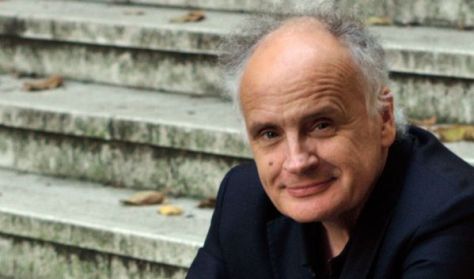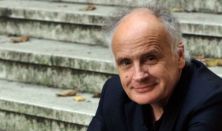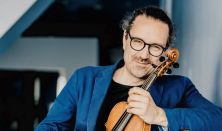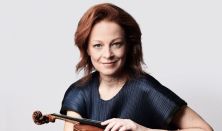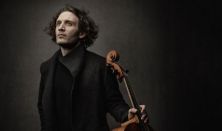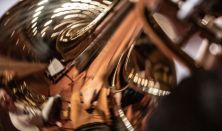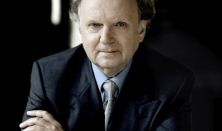Concertino: M. Haydn, J. Haydn, Schubert, Tchaikovsky
Program:
Michael Haydn: String Quintet in C major (notturno)
Joseph Haydn: Trumpet Concerto in E-flat major, Hob. VIIe:1
Franz Schubert: Rondo for Violin and Strings in A major, D. 438
Pyotr Tchaikovsky: Serenade for Strings in E minor, Op. 48
The Concertino Series revives the tradition wherein there was no conductor leading the ensembles, but small orchestras were directed by the concertmaster. Viennese Classicism belongs to this tradition, just like a significant part of the Romantic string orchestra pieces. Therefore, János Pilz selected works from these two periods for this BFO concert. The Haydn brothers, evoked by one piece each, will be followed by Schubert, the greatest figure bridging the two periods. The concert will conclude with a composition by Tchaikovsky, the uncrowned king of Russian ballet music. The trumpet concerto will feature Gergely Csikota, a young member of the orchestra, who has successfully performed at several international auditions, while the soloist of the Schubert piece will be Savitri Grier, who was hailed in the Birmingham Post for her “deep, eloquent tone, making every line sing”.
Although the popularity of Michael Haydn cannot be compared to that of his world-famous brother, the scope – and at times even the quality – of his oeuvre is similar. For example, his String Quintet in C major was for a long time misattributed to Joseph. The piece, known as a notturno (night music), has four movements. The ceremonial first movement with uneven measures becomes exciting through the dialogues between the different registers. The slow movement has melodies recalling conversing birds with pizzicato string accompaniment, and then, following a typical minuet, a playful finale concludes the piece.
The only trumpet concerto of Joseph Haydn, one of the most popular compositions of the instrument’s repertoire, is the result of a newly developed trumpet. Viennese court trumpeter Anton Weidinger developed an instrument which, as opposed to natural trumpets, allowed for playing most sounds of the chromatic scale. He ordered compositions for his invention and Haydn was glad to accept the commission. The result was an infinitely virtuoso concerto, which nevertheless also abounded in melodies.
Although Schubert called none of his compositions a concerto, his oeuvre contains a few pieces written for a solo instrument and an orchestra. He composed the violin solo of his Rondo in A major in 1816, most probably for himself. The piece is a single movement, but, based on its tempo, it could be divided into a slow introduction and a rondo as the main part. Within this framework, it is built on three themes (dance-like, folksy and dramatic). The beautiful piece has no self-serving virtuosity, however, it offers the soloist ample opportunity to show their technical prowess.
The Serenade for Strings is one of Tchaikovsky’s most popular compositions. First, he was planning a symphony or string quartet, but in the end he chose the golden middle way. He wrote to his publisher: “I am violently in love with this serenade”. The work, intended as a tribute to Mozart’s style, has four sub-titled movements. The slow introduction to the opening movement, “Piece in the Form of a Sonatina”, returns in the finale. “Waltz” and “Elegy” are also popular played as separate concert pieces. An exciting transition from the latter leads to the finale built on a “Tema Russo” (Russian Theme).
